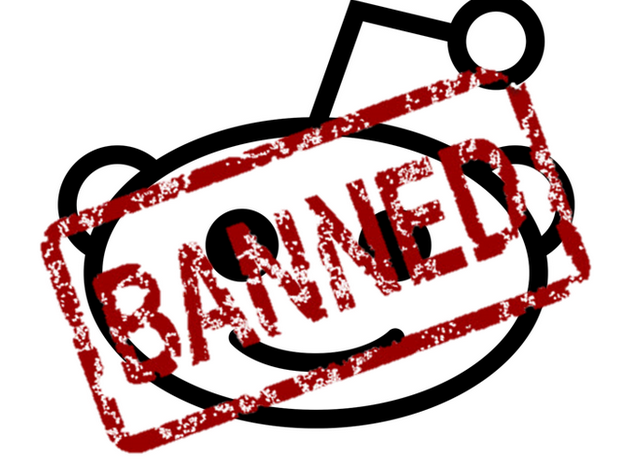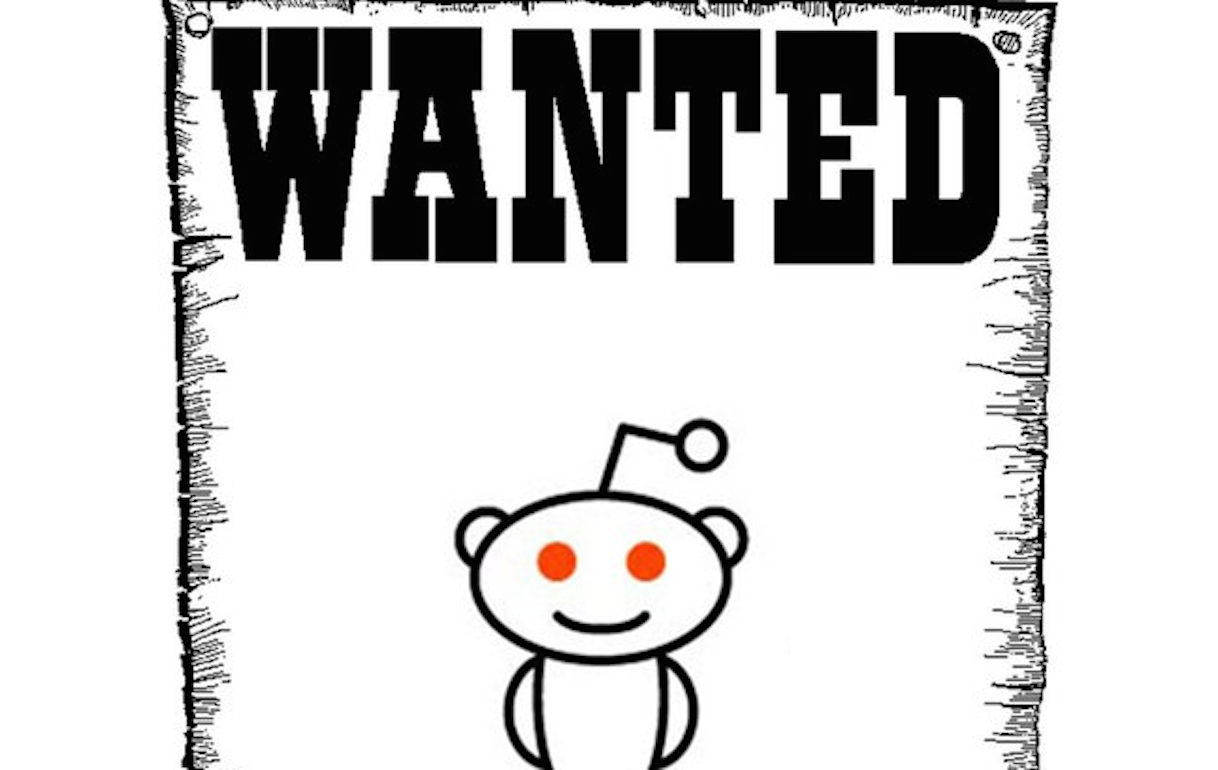Google CEO Sundar Pichai has sent an email to Google employees in an effort to address backlash the company is facing over Dr. Timnit Gebru’s exit.
Timnit Gebru is one of the leading artificial intelligence ethics researcher in the world, widely respected for her expertise. An issue arose as a result of a research paper Gebru and other researchers were working on. The paper tackled the ethical issues with large-scale AI language models (LLMs), and was approved internally on October 8. According to Gebru, she was later asked to remove her name from the paper because an internal review found it to be objectionable.
As Gebru later pointed out in an interview with Wired, researchers must be free to go where the research takes them.
You’re not going to have papers that make the company happy all the time and don’t point out problems. That’s antithetical to what it means to be that kind of researcher.
Google’s head of AI, Jeff Dean, said the paper was not submitted with the necessary two-week lead time. Gebru’s team, however, wrote in a blog post supporting Gebru that “this is a standard which was applied unevenly and discriminatorily.”
As a result, Gebru gave her supervisors some conditions she wanted met, otherwise she would work toward an amicable exit from the company. According to her team, the conditions “were for 1) transparency around who was involved in calling for the retraction of the paper, 2) having a series of meetings with the Ethical AI team, and 3) understanding the parameters of what would be acceptable research at Google.”
Instead of working with Gebru, her supervisors accepted her “resignation” effective immediately. Gebru’s team is quick to point out that “Dr. Gebru did not resign,” (italics theirs) and was instead terminated.
The company’s actions brought swift and vocal backlash. Some 2,351 Googlers, along with 3,729 supporters in academia, industry and civil society have signed a petition in support of Gebru at the time of writing. It seems Pichai and Company realize the situation is not going away without being addressed.
In an email to employees, first published by Axios, Pichai attempted to do damage control, apologizing for what happened and vowing to do better in the future.
So far, the email has not been met with praise. Gebru took to Twitter to criticize the lack of accountability, as well as the insinuation she was an “angry Black woman” for whom a de-escalation strategy was needed.
Don't paint me as an "angry Black woman" for whom you need "de-escalation strategies" for. This thread is just the beginning of the toxicity I dealt with since before I even joined Google and I haven't said anything specific yet. 1 https://t.co/98WNgnxH6P
— @[email protected] on Mastodon (@timnitGebru) December 9, 2020
Similarly, others are criticizing Pichai’s email for essentially being tone-deaf. Jack Clark, Open AIPolicy Director, is one such voice.
I typically stay out of stuff like this, but I'm absolutely shocked by this email. It uses the worst form of corporate writing to present @timnitGebru firing as something akin to a weather event – something that just happened. But real people did this, and they're hiding.
— Jack Clark (@jackclarkSF) December 9, 2020
In our initial coverage of this situation, we stated: “It goes without saying that Google is providing a case study in how not to handle this kind of situation.”
In the aftermath of Pichai’s email, that statement continues to ring true.
Here’s the email in full:
Hi everyone,
One of the things I’ve been most proud of this year is how Googlers from across the company came together to address our racial equity commitments. It’s hard, important work, and while we’re steadfast in our commitment to do better, we have a lot to learn and improve. An important piece of this is learning from our experiences like the departure of Dr. Timnit Gebru.
I’ve heard the reaction to Dr. Gebru’s departure loud and clear: it seeded doubts and led some in our community to question their place at Google. I want to say how sorry I am for that, and I accept the responsibility of working to restore your trust.
First – we need to assess the circumstances that led up to Dr. Gebru’s departure, examining where we could have improved and led a more respectful process. We will begin a review of what happened to identify all the points where we can learn — considering everything from de-escalation strategies to new processes we can put in place. Jeff and I have spoken and are fully committed to doing this. One of the best aspects of Google’s engineering culture is our sincere desire to understand where things go wrong and how we can improve.
Second – we need to accept responsibility for the fact that a prominent Black, female leader with immense talent left Google unhappily. This loss has had a ripple effect through some of our least represented communities, who saw themselves and some of their experiences reflected in Dr. Gebru’s. It was also keenly felt because Dr. Gebru is an expert in an important area of AI Ethics that we must continue to make progress on — progress that depends on our ability to ask ourselves challenging questions.
It’s incredibly important to me that our Black, women, and underrepresented Googlers know that we value you and you do belong at Google. And the burden of pushing us to do better should not fall on your shoulders. We started a conversation together earlier this year when we announced a broad set of racial equity commitments to take a fresh look at all of our systems from hiring and leveling, to promotion and retention, and to address the need for leadership accountability across all of these steps. The events of the last week are a painful but important reminder of the progress we still need to make.
This is a top priority for me and Google leads, and I want to recommit to translating the energy that we’ve seen this year into real change as we move forward into 2021 and beyond.
— Sundar



















